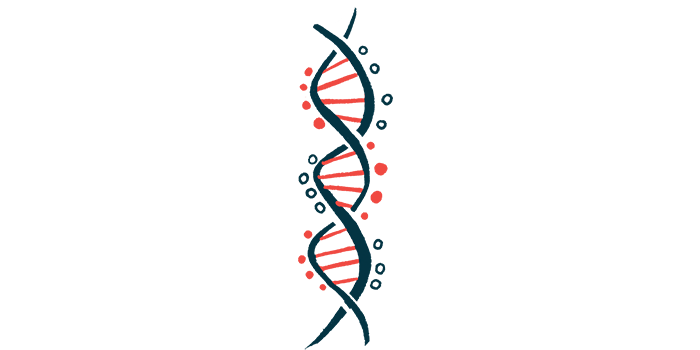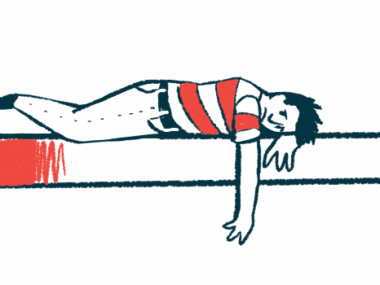Some PWS symptoms are more common with genetic deletion mutations: Study
Pale skin, seizures, language delays more common with deletion variant
Written by |

People with Prader-Willi syndrome (PWS) caused by a genetic deletion are significantly more likely to have pale skin, seizures, and language development delays than PWS from other types of mutations.
A PWS-causing genetic deletion was also associated with a higher frequency of excessive and uncontrolled hunger, called hyperphagia, and obesity, according to “Genotype–phenotype correlation in Prader-Willi syndrome: A large-sample analysis in China,” which was published in Clinical Genetics.
Every person has 46 chromosomes — rodlike structures where genes are located — arranged in 23 pairs, with one chromosome inherited from the mother and one from the father. PWS is caused by mutations that affect a specific region in the paternal copy of chromosome 15.
The most common type of PWS-causing mutation is a deletion, where the section of DNA is entirely missing. PWS also can be caused by maternal uniparental disomy (UPD), where both chromosome 15 copies are inherited from the mother, or due to an imprinting defect that inactivates the paternal chromosome 15.
Although multiple types of mutations can cause PWS, researchers have had trouble establishing clear genotype-phenotype correlations, that is, associations between the type of specific mutation and symptoms, leading scientists in China to analyze genetic and clinical data from 586 people with a confirmed PWS diagnosis. Slightly more than half the patients (54.3%) were male and about a quarter (25.4%) were under age 2. Most (83.8%) had PWS as a result of a genetic deletion, while 10.9% had maternal UPD and 5.3% had an imprinting defect.
The observed rate of genetic deletion was significantly higher than that reported in prior studies from America and Europe, while rates of maternal UPD were lower. This suggests the prevalence of some mutation types may vary across racial and ethnic groups, the researchers said.
Differences among PWS mutations
The researchers constructed statistical models to look for significant differences in symptom rates according to mutation type.
For some symptoms, no associations were found. For example, virtually all the patients had low muscle tone and feeding difficulties at birth, irrespective of mutation type. Also, cryptorchidism, or the failure of the testis to fully descend into the scrotum, was reported for most males across the three mutations.
For other symptoms there were significant differences by mutation type. Patients with a genetic deletion had much higher rates of abnormally light-colored skin, called hypopigmentation, than those with other mutation types (88.8% vs. 68.4%). The genetic deletion group also had significantly higher rates of epilepsy (15.9% vs. 7.6%).
In analyses restricted only to patients older than 2, rates of language development delay varied significantly between the three groups, but showed the highest frequency in the deletion group and the lowest in the imprinting deficits group. Patients with a deletion also had significantly higher rates of hyperphagia and obesity.
Other symptoms, including behavioral abnormalities, short stature, and high pain threshold, had similar rates across the three mutations among patients older than 2.
“The patients with deletion type had significantly higher rates of skin hypopigmentation, obesity, hyperphagia, language developmental delay, and epilepsy,” the researchers concluded. “Unlike previous literature reports, this study did not find differences in behavioral abnormalities or [cryptorchidism] between the different [types of mutations].”






